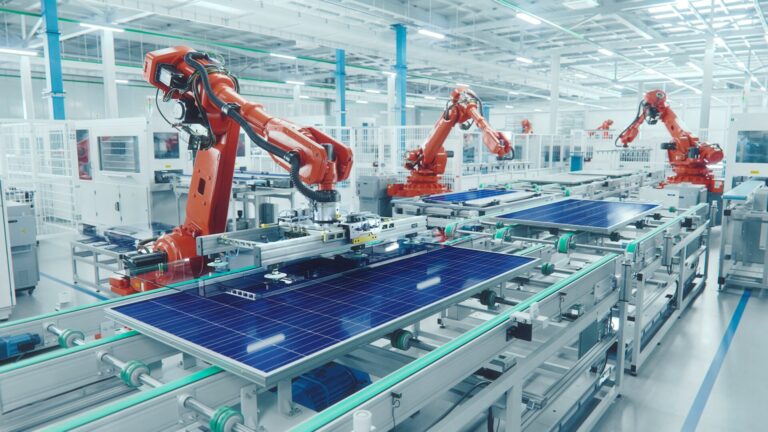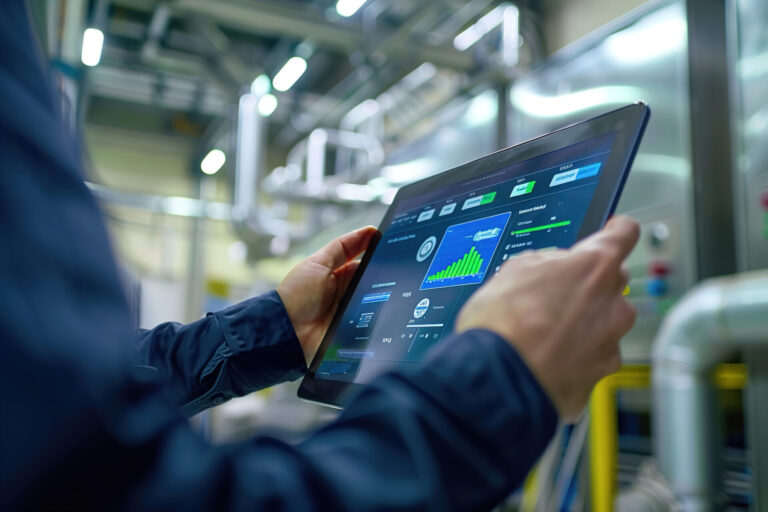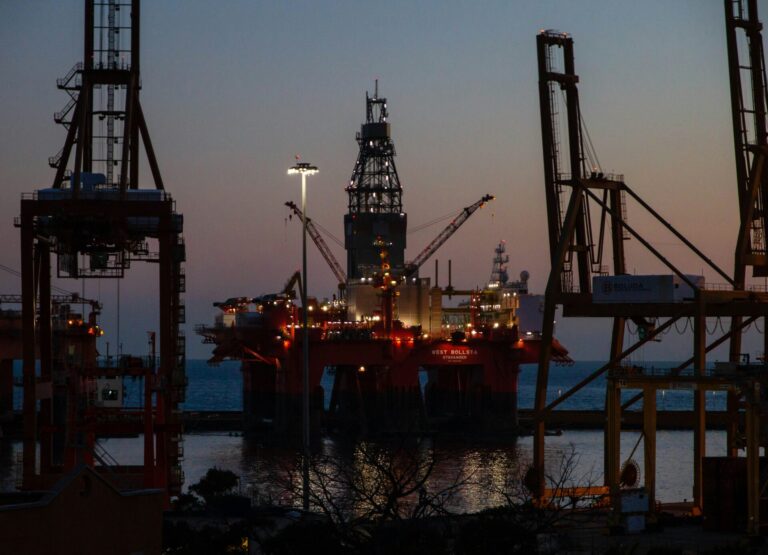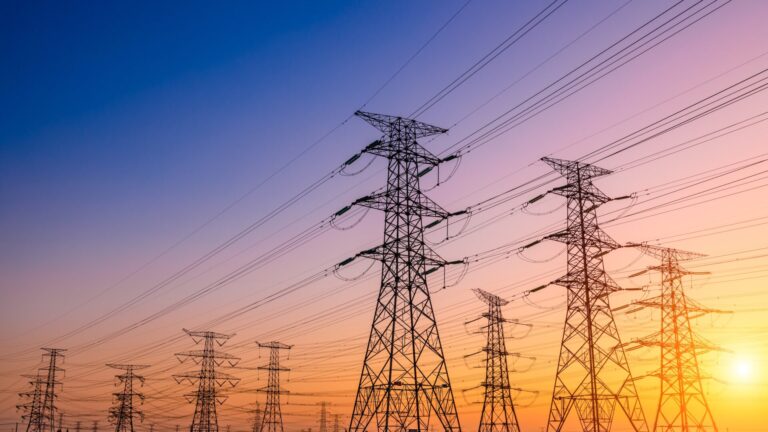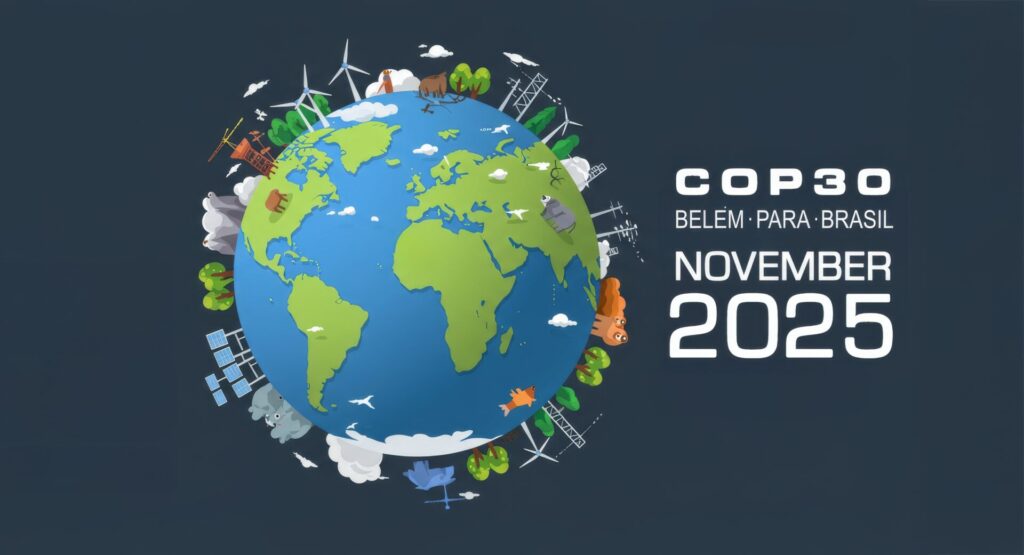
Focus on Food Systems and Agricultural Transformation
Fertiliser Decarbonisation Gains Momentum
Progress in Implementation, Challenges in Negotiation
Catch Up On Other COP30 Updates
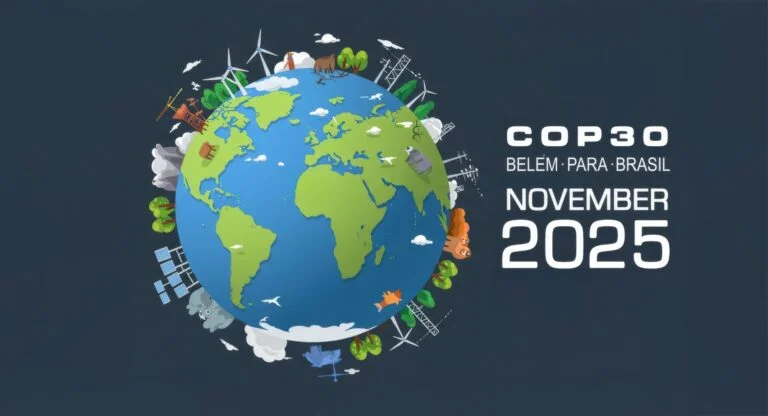
COP30 Day 12 Summary: Friday 21st November 2025
On the last scheduled day of the COP30 summit in Belém, delegates from nearly 200 countries convened for the final

COP30 Day 11 Summary: Thursday 20th November 2025
Day 11 of COP30 in Belém faced an unexpected and disruptive incident when a fire broke out in one of

COP30 Day 10 Summary: Wednesday 19th November 2025
Day 10 of COP30 delivered a combination of substantive progress on practical climate action and continuing challenges within the formal

COP30 Day 9 Summary: Tuesday 18th November 2025
Day 9 of COP30 in Belém marked a shift from technical discussions to more politically charged negotiations. With ministers arriving,

COP30 Day 8 Summary: Monday 17th November 2025
Day 8 of COP30 in Belém marked an important turning point in the summit. By this stage, delegates had moved

COP30 Weekend Summary: 14th-15th November 2025
This weekend at COP30 in Belém was packed with major announcements, powerful protests, and growing pressure on world leaders to

COP30 Day 4 Summary: Thursday 13th November 2025
Day 4 of COP30 in Belém opened against a backdrop of strong expectations and mounting tension. The summit’s focus shifted

COP30 Day 3 Summary: Wednesday 12th November 2025
Day 3 of COP30 in Belém included a striking display. More than two hundred boats carrying thousands of Indigenous leaders,

COP30 Day 2 Summary: Tuesday 11th November 2025
As COP30 continued in Belém, Brazil, Day 2 brought a mix of disruption, debate, and growing calls for action on

COP30 Day 1 Summary: Monday 10th November 2025
The 30th Conference of the Parties (COP30) opened in Belém, Brazil, marking the start of two weeks of negotiations on



